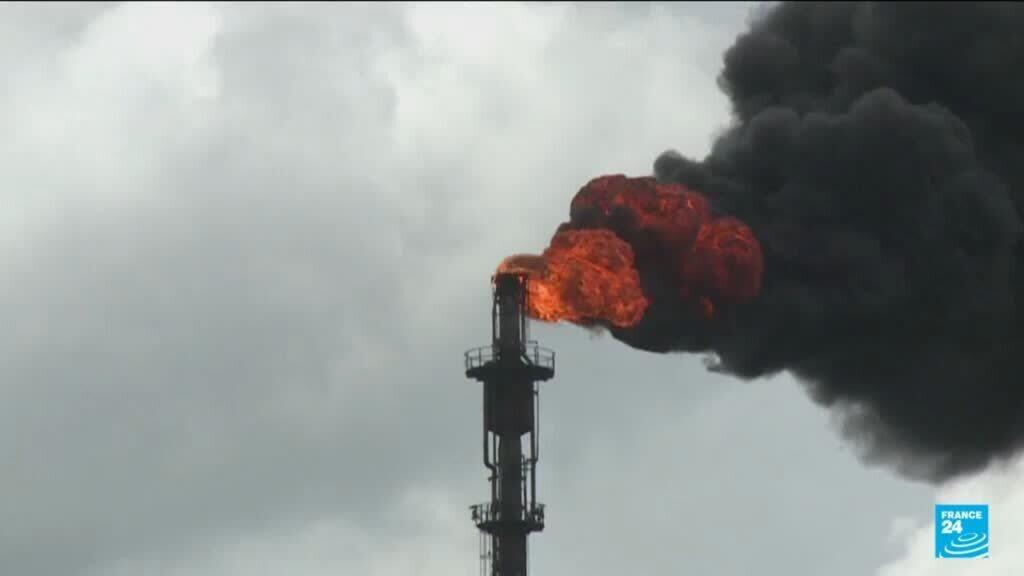The ongoing conflict in Ukraine has drawn significant attention to the financial dynamics between the European Union (EU), Ukraine, and Russia, especially concerning energy trade. Recent data reveals a stark contrast between the revenue Russia has generated from fossil fuel exports to EU nations and the financial aid provided to Ukraine by its Western allies. Between February 2022 and February 2025, Russia reportedly earned over $233 billion from fossil fuel exports to EU countries. This staggering figure highlights the EU's continued reliance on Russian energy amidst the ongoing war.
In juxtaposition, the total aid allocated to Ukraine during the same timeframe significantly lags behind, amounting to only $73 billion. This discrepancy raises important questions about the effectiveness and implications of economic strategies employed by the EU and Ukraine’s allies in countering Russian aggression. Despite being engaged in a conflict that threatens European stability, Ukraine’s financial support appears paltry compared to the vast sums flowing into Russia from fossil fuel trade.
Furthermore, the trend over the past year has shown a troubling increase in Europe’s gas imports from Russia, rising by up to 20%. This upsurge is particularly concerning given that it comes in the midst of Europe’s efforts to reduce dependency on Russian energy sources. Liquefied natural gas (LNG) exports from Russia have reached record highs, further complicating the energy landscape as Europe struggles to balance its energy security with political considerations regarding Russia.
Anne-Sophie Corbeau, a Global Research Scholar at the Center on Global Energy Policy at Columbia University’s School of International and Public Affairs, emphasizes the need for a nuanced understanding of these energy dynamics. She points out that while sanctions and policy efforts are intended to curb Russia’s financial capabilities, the reality of energy markets proves to be more complex. Countries have been trying to diversify their energy sources; however, the immediate solutions available seem insufficient to eliminate the reliance on Russian energy in the short term.
This situation illustrates a significant challenge for EU policymakers. The Russian revenue from fossil fuel exports not only funds military endeavors but also perpetuates the cycle of conflict by enabling Russia to sustain its operations in Ukraine. The ongoing war underscores the imperative for Europe to find viable alternatives to Russian energy, both for humanitarian reasons and to weaken Moscow’s financial grip.
As these dynamics continue to unfold, the calls for a strategic reevaluation of energy policies within the EU become increasingly urgent. The data suggests a need for a more coordinated response among EU member states, aimed at reducing dependence on Russian imports while simultaneously providing substantial and responsive support to Ukraine. A comprehensive approach to energy independence could lessen the financial strain on Ukraine and alter the power dynamics in the region.
In summary, the economic interactions between the EU, Ukraine, and Russia present a complex picture where energy reliance impacts geopolitical strategies and aid allocations. Understanding these interactions is crucial for formulating effective policies that not only support Ukraine but also aim for long-term European energy security.












